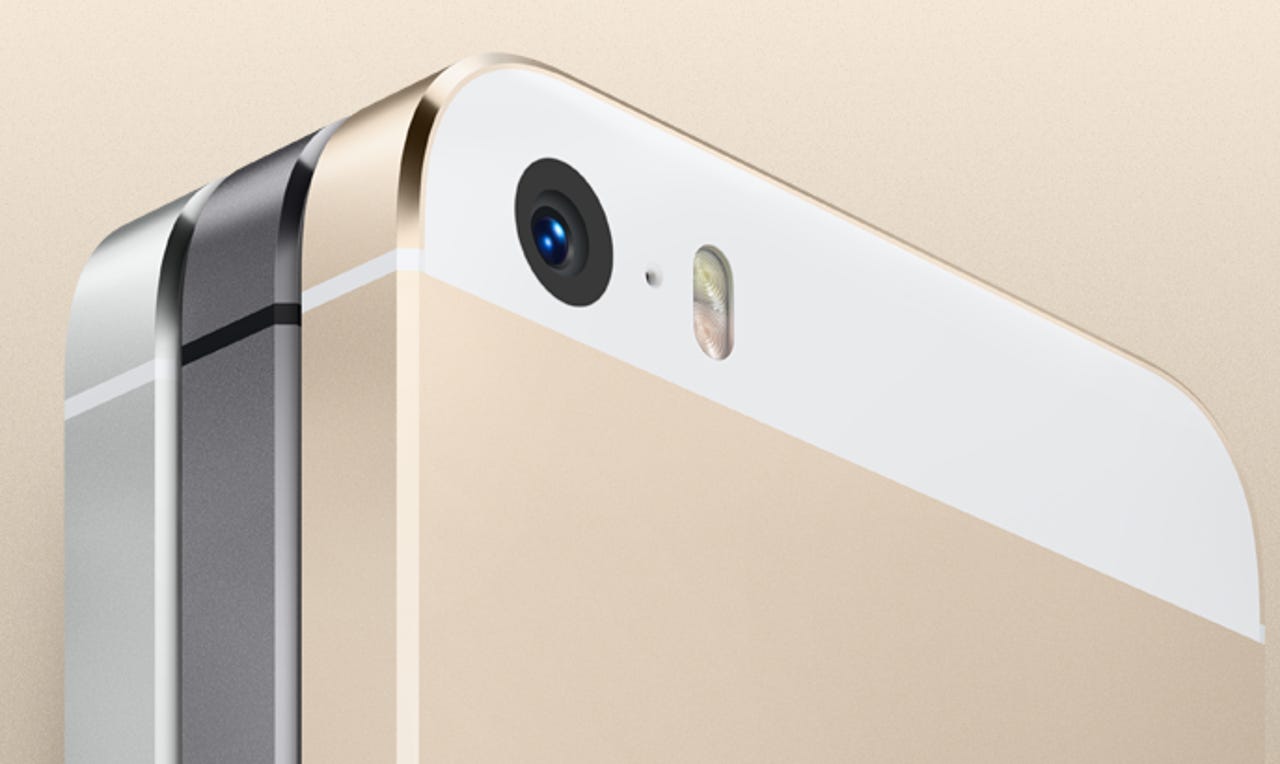Amid weak Android launches, it's Apple iPhone time to shine


The biggest takeaway from the Mobile World Congress powwow was that hardware innovation has stalled, Android smartphones are a dime a dozen and Samsung's Galaxy S5 may barely be evolutionary.
All of those tidbits could add up to nice gains for Apple's iPhone franchise, which will likely include larger screen sizes in the near future.
CNET Reviews: Samsung: Galaxy Grand 2 | Note 3 | S5 | Apple iPhone 5S
On Monday, Cannaccord Genuity analyst T. Michael Walkley upped his price target and earnings forecast for Apple largely based on a so-so Android lineup. He said:
Given the lack of differentiated Android smartphones, we believe Apple could gain market share of the high-end smartphone and tablet markets during 2H/2014 based on our belief new iPhones and iPads with larger screen sizes could create a strong upgrade cycle among Apple’s loyal base. In fact, our February wireless store surveys indicated the iPhone 5s was still the most aspirational smartphone and the top selling device in the U.S. and in many international markets despite seasonally slower sales trends.
Tech Pro Research
As I noted before, the Samsung Galaxy S5 launch fell flat. Sure, Samsung will sell a nice amount of units as folks upgrade from Galaxy S3, but there's nothing to salivate over. Samsung's biggest advantage is screen size and if Apple can close that gap then the game changes dramatically. The fact that Korean financial analysts haven't said much about the Galaxy S5 is telling. These analysts gushed over the S4. If the cheerleaders don't have anything nice to say they apparently stay quiet.
Also: Samsung Galaxy S5: Why I'm rooting for the little guys
Mobile world congress 2016
This inability for Android device makers to shine has been a recurring theme in research notes. Qualcomm has received a lot of applause coming off of MWC, but that's only because the processor maker is the leader and will do well even in a smartphone market that'll wow no one. Qualcomm's demo of its latest LTE processor is likely to lock in device makers.
Sanjiv Wadhwani, an analyst, at Stifel Nicolaus, summed up the Qualcomm take:
One of the most anticipated product announcements at MWC was that of Samsung’s newest flagship smartphone, the Galaxy S5. While certainly a very high-end phone that is equipped with the latest Qualcomm Snapdragon 801 processor and Wi-Fi connectivity, most of the enhancements such as improved camera, fitness-related capabilities, improved UI and new casing are incremental in nature in our view.
Wadhwani argued that the game will now move to emerging markets. Qualcomm will be a player there, but faces competition from rivals such as MediaTek. If the smartphone and tablet markets are saturated, it's going to be very tricky for a company like Intel to break in.
In any case, all of this Android ecosystem consternation sets up nicely for Apple. For Apple, the pressure is off a good bit. Apple simply doesn't have to do much---other than deliver various screen sizes---to woo a few Android users and spur an upgrade cycle for its base.